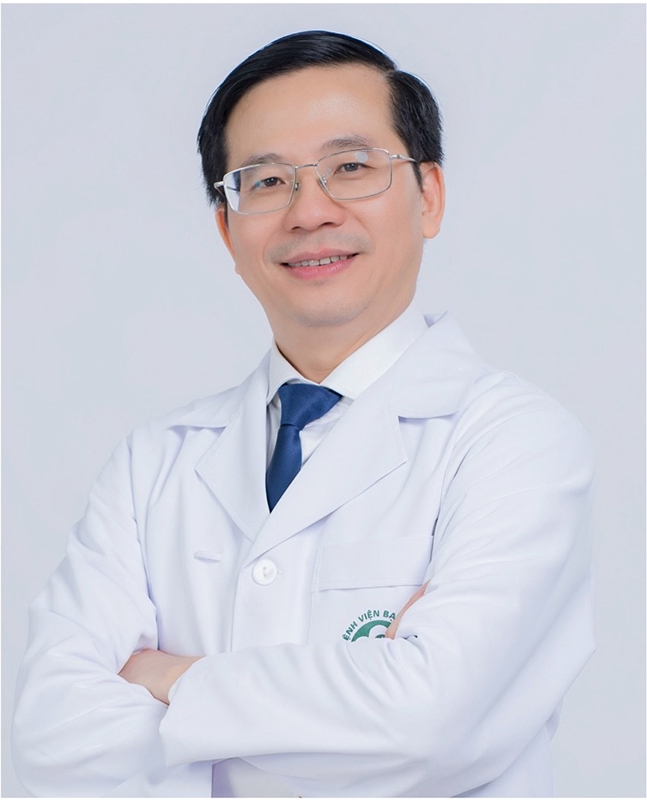With cancer rates on the rise, Vietnam faces an urgent need for earlier detection, better treatment options, and more equitable access to care. With a population of roughly 100 million, about 1 in every 550 people is diagnosed with cancer every year [1], and about 50-80% are diagnosed at late stages, when curative treatment is often no longer an option [2].
To address this growing public health challenge, Bach Mai Hospital in Hanoi is partnering with Project ECHO to empower doctors nationwide with specialized oncology training and support.
“We are committed to expanding access to high-quality cancer care, especially for patients in rural and underserved areas,” says Giap Vu Van, MD, Ph.D., associate professor of medicine at Hanoi Medical University and deputy director of the respiratory center at Bach Mai Hospital.

Using the ECHO Model, Bach Mai Hospital serves as a hub of knowledge, connecting with hospitals across Vietnam, including remote provinces where oncology specialists and resources are limited. Clinicians receive ongoing medical education and discuss real patient cases in each session. This interactive, peer-to-peer approach has yielded clear results:
“Local health care workers have become more confident in managing complex cancer cases. Diagnostic accuracy has improved, and treatment planning increasingly follows standardized protocols,” Professor Giap explains. “This reduces unnecessary referrals and allows patients to receive quality care closer to home, which is especially important for people with cancer, who often face emotional stress and financial hardship.”
Improving Confidence, Accuracy and Access
Rather than traveling to the capital city of Hanoi for lectures, providers join an online learning community. “Local doctors are not passive learners; they are active participants, sharing and learning together,” says Professor Giap. “This fosters a culture of best practice and improves cancer care nationwide.”
One of those best practices is early screenings, enabling providers to identify cancer sooner, and intervene earlier, which is critical for high-risk populations, such as heavy smokers. “With ECHO, we are changing the mindset in local hospitals, promoting screening, early diagnosis and standardized treatment so patients can get quality care close to home,” says Professor Giap.
Relieving the Burden on Major Cancer Centers
This approach is bringing expert cancer care closer to patients and easing the burden on Vietnam’s major cancer centers, which have been stretched by patient loads. Ho Chi Minh City’s Oncology Hospital reported nearly 800,000 patient visits in 2023 [3].
The impact is visible at the local level. One provincial hospital, located in a high mountain region, used to refer almost all oncology patients to specialists in Hanoi – a journey of about six hours. After joining ECHO, their providers became confident in treating cancer patients themselves. Now, patients receive care in their communities: avoiding strenuous travel, saving money and staying close to family, while still getting the same standard of care.

In Vietnam’s northern mountains, rural communities are now accessing cancer care closer to home through Project ECHO, helping patients avoid long, costly journeys. Photo Credit: Adobe Stock
“Project ECHO allows us to move knowledge, not people,” says Professor Giap. “This means patients in the most remote provinces can receive the same evidence-based cancer care as those living near a specialized cancer hospital.”
For more information about Project ECHO in Vietnam, email the program team.
Featured image: Professor Giap (right) meets with patients at Bach Mai Hospital in Hanoi, where Project ECHO is helping expand access to expert cancer care. Photo Credit: Duong Nguyen, Bach Mai Hospital

